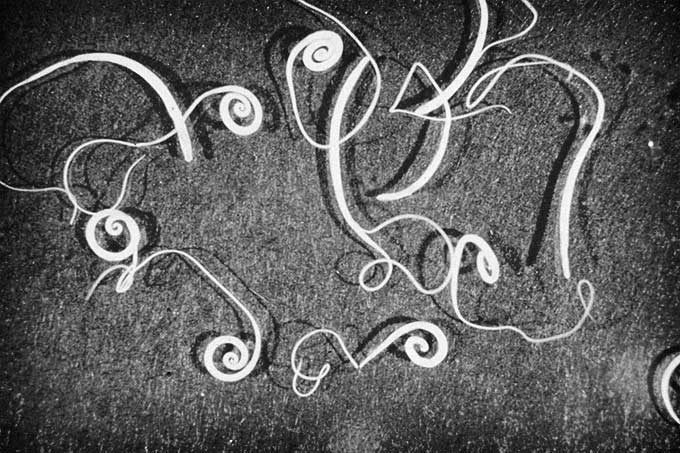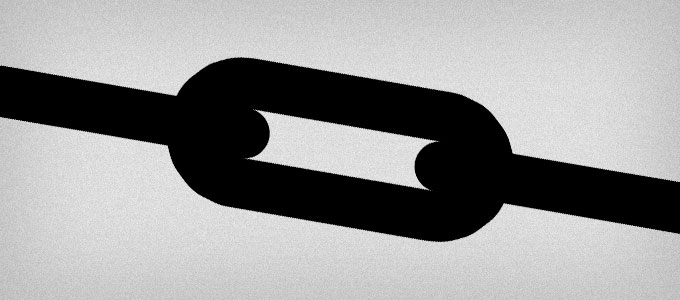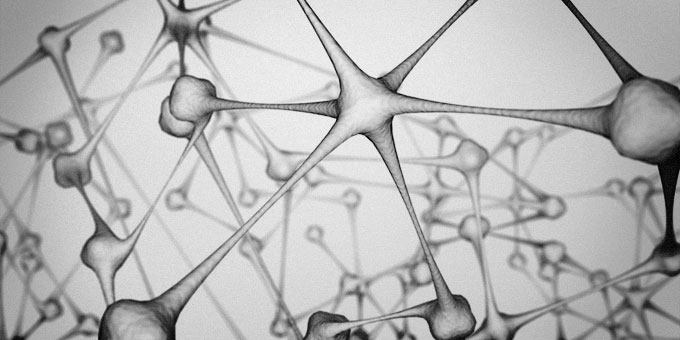 Above: a cure for autism?
Above: a cure for autism?
You may have heard or read last Saturday's NY Times article by Moises Velasquez-Manoff correlating autism with immunity and influenza, and going further to suggest an, ahem, unorthodox means of preventing autism (spoiler: parasitic worms!).
I'll admit, on first read the article seemed credible. Upon subsequent readings, however, I got an uneasy feeling. Something about it didn't seem…right.
I'm not a scientist, obviously, so I couldn't put my finger on what, specifically, was bothering me. I did note that the author made several giant leaps of logic, and made some causal connections that seemed tenuous at best. Then there were some statements that just seemed…off (e.g., if medical care in third-world countries is so poor that they live with widespread parasitic infections, how can we trust their stated rates of autism? And mice may show signs of autistic behavior, but neurologically they do not have autism.).
Since I'd noted a bit of a splash (if that's the right word) around the Web after the article was published, I thought I'd try to write about my qualms. Then I came across a post by biologist, writer, and editor Emily Willingham that did a far better job expressing my concerns than I ever could. Her rebuttal to the article is excellent; if you have time, read it here.
At the end of her detailed and thoughtful post is this closing statement, which pretty much sums it up:
"What we have here is an argument that relies on shaky and shifting hypotheses of autism and autoimmune epidemics and hygiene, built using sparse data and scientific hints, a poor understanding of basic evolution and ecology, and a paradox of calling for a return to a more infectious past to 'cure' autism while blaming immune-dysregulated, occasionally infected mothers of the present for...autism. In his closing, Velasquez-Manoff argues that evolution provided us with a roadmap of the original microbial and parasitic ecosystems we once were, one that, presumably, if we follow it, will guide us out of the 'insanity' and 'affliction' that is autism. If it's possible, that's where he's most wrong. Evolution isn't something that happens with a plan. To describe it in those terms is to have a profound failure of understanding of what evolution is. Where we're going, evolutionarily speaking, there are no roads. And it would be better for most of us if there weren't any parasitic worms, either."
Let me state it here and now: I'm unequivocally pro-science. Real science. Science that is rigorous, replicable, peer-reviewed, and proven. Anything less is speculation, and while there's nothing inherently wrong with speculation (it's where science often begins, after all), speculation should never be passed off as fact.
Velasquez-Manoff's piece was published in the Op-Ed section but positioned itself as a matter fact. It's not. There's simply too much speculation, circular thinking, reliance on tenuous causality, and hyperbole. Is it an interesting theory, one worthy of further research? Perhaps. But is it science? Not yet anyway.


 I'd hoped to post these before October was over, but Hurricane Sandy slowed me down a bit. Nonetheless, here are some interesting links I've run across in the past month.
I'd hoped to post these before October was over, but Hurricane Sandy slowed me down a bit. Nonetheless, here are some interesting links I've run across in the past month. As always, Emily Willingham
As always, Emily Willingham  Above: a cure for autism?
Above: a cure for autism? A lot is happening in autism science at the moment, especially in the areas of etiology and diagnosis. Here are some interesting articles I've come across in the past few months:
A lot is happening in autism science at the moment, especially in the areas of etiology and diagnosis. Here are some interesting articles I've come across in the past few months: